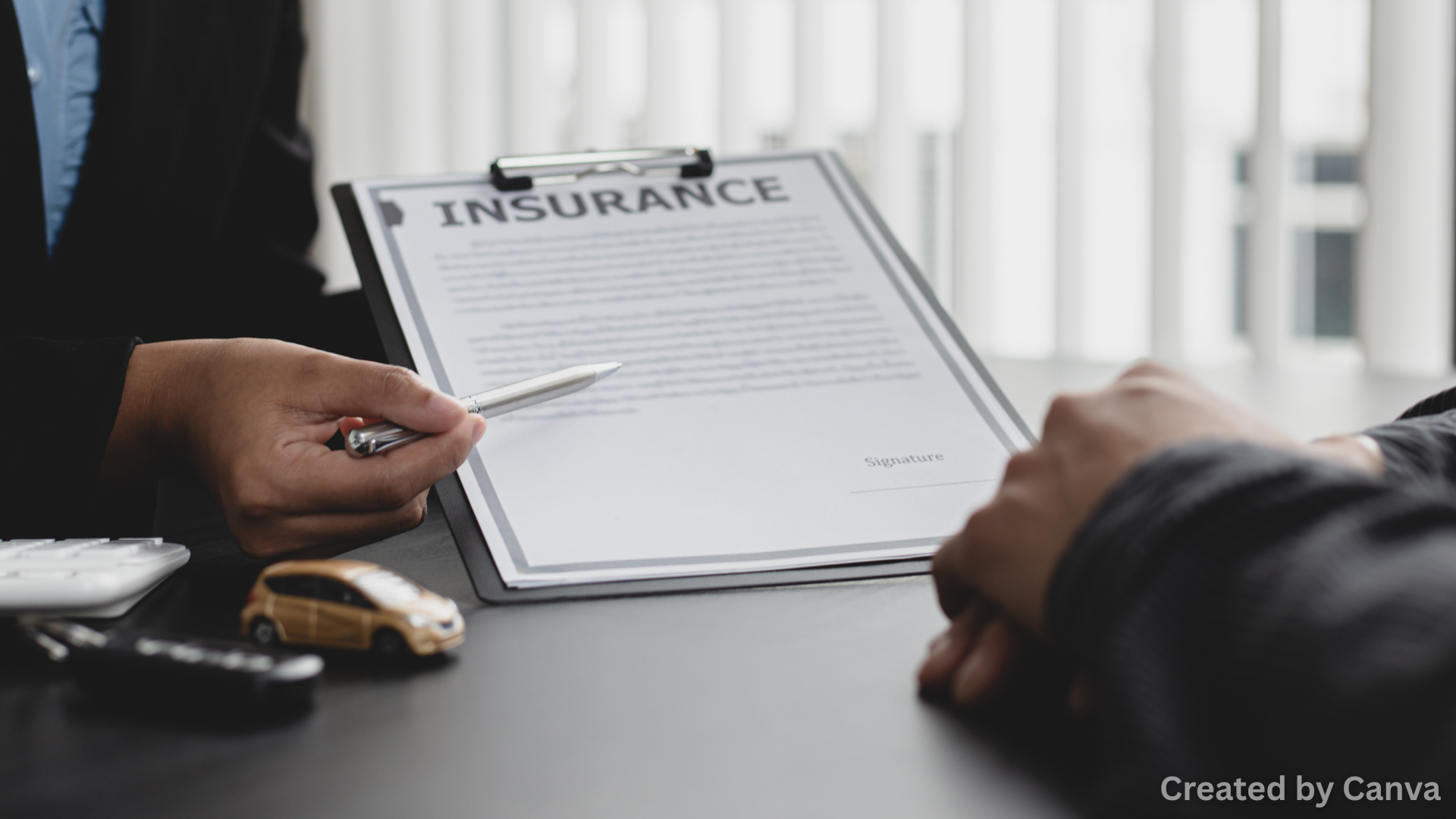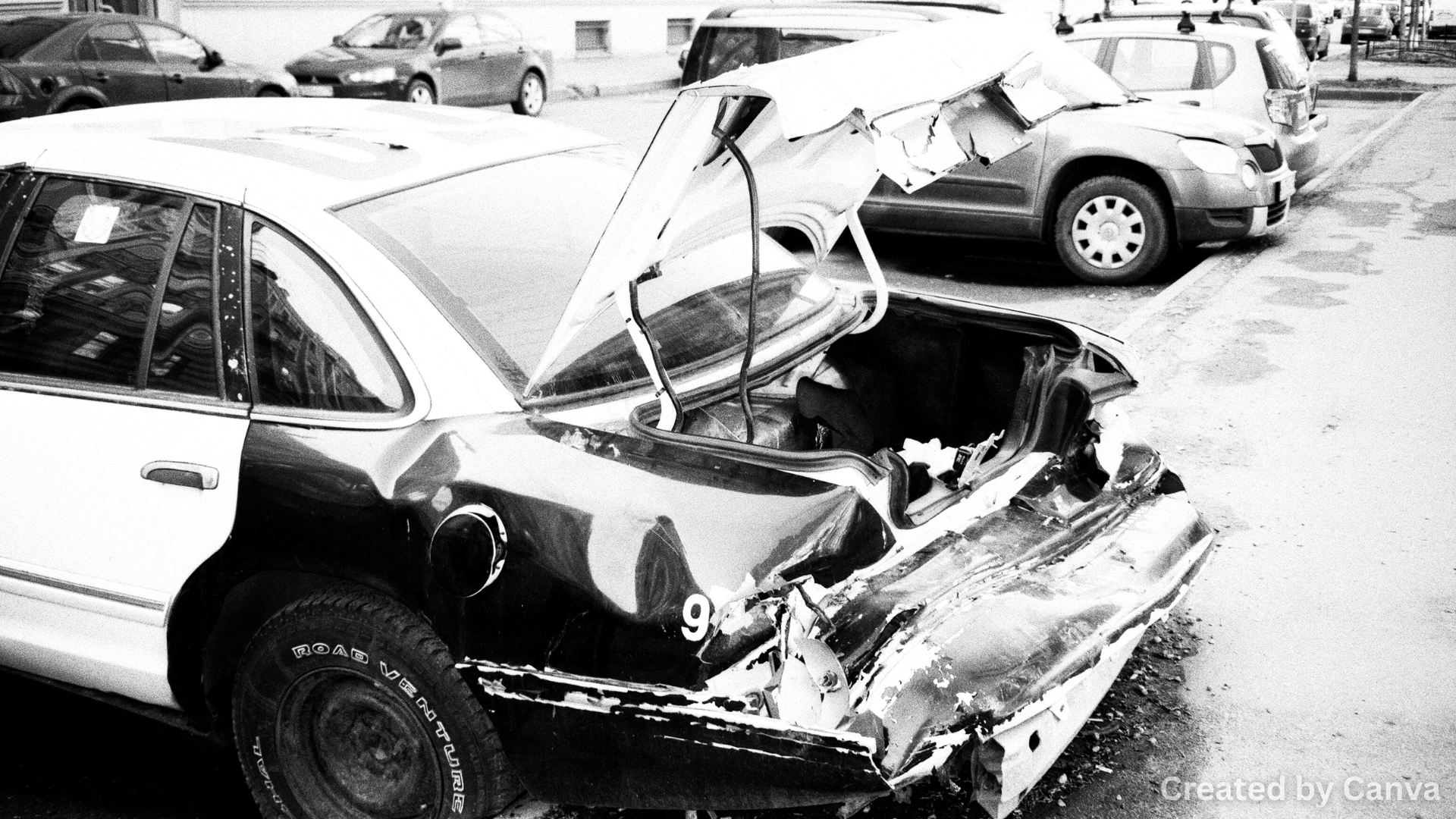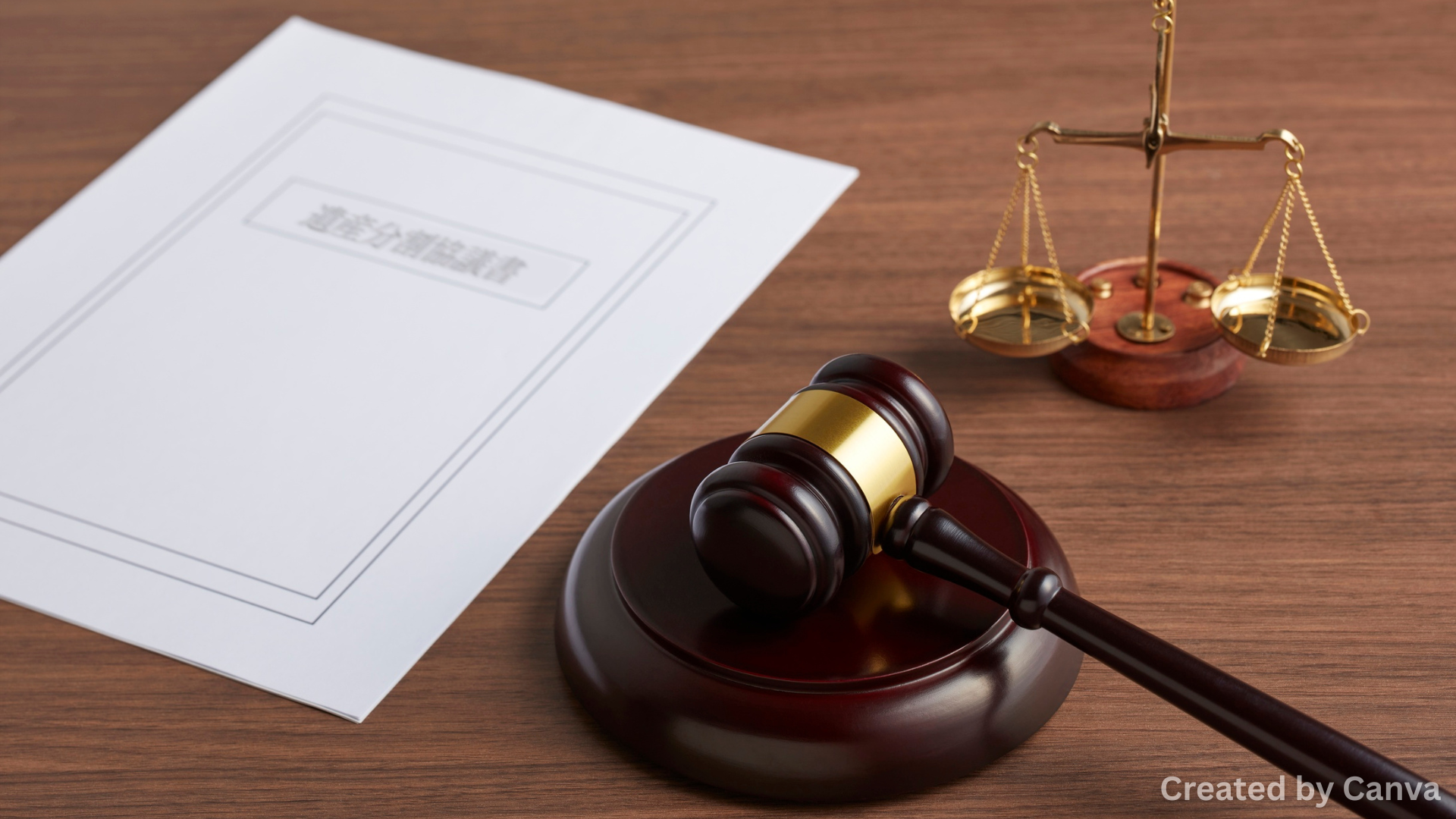Accident victims’ compensation can vary greatly, even for similar cases. The key difference often lies in how they handle the legal process after the incident.
At InjuryClaimCalculator.us, we see many people struggle after accidents. Car crashes, workplace incidents, and slip-and-falls can cause pain, medical bills, and lost wages.
The personal injury process has many steps where small mistakes can hurt your case. People often damage their claims by making uninformed decisions in the early stages.
Our team has seen simple errors reduce settlements or lead to case dismissals. If someone’s negligence caused your injury, you deserve fair compensation.
This guide highlights common pitfalls in seeking compensation and offers expert advice. Understanding what to avoid can help you secure the financial recovery you deserve.
Introduction to Filing a Personal Injury Claim
A personal injury claim starts when an accident happens. It’s a formal request for compensation from the responsible party’s insurance company. This process helps victims get money for medical bills, lost wages, and suffering.
Personal injury claims are crucial in our legal system. They help victims regain financial stability after an accident. The personal injury process is about getting justice when you’ve been wronged.
Seeking immediate medical care is vital in the personal injury process. Don’t delay treatment, thinking injuries will improve on their own. This mistake can hurt your health and legal claim.
In Florida, you have 14 days to see a doctor after a car accident. This qualifies you for Personal Injury Protection benefits. Missing this deadline could leave you paying medical bills yourself.
The personal injury process has several key stages:
- Seeking immediate medical attention and following treatment plans
- Gathering evidence from the accident scene and medical records
- Filing initial insurance claims with appropriate carriers
- Negotiating settlements with insurance adjusters
- Pursuing litigation if fair compensation cannot be reached
Documentation is crucial throughout this process. Medical records, accident reports, and witness statements help build a strong claim. Preserve all potential evidence from day one.
Understanding the personal injury process helps victims make informed decisions. Each case is unique. Injury severity, liability clarity, and insurance coverage affect the timeline and compensation.
Common Filing Mistakes
Injury victims often make critical filing mistakes that block fair compensation. We’ve analyzed thousands of claims and found patterns leading to reduced settlements or denials. Understanding these pitfalls can improve your chances of fair compensation.
Even cases with clear liability and serious injuries can fail due to procedural errors. Let’s examine the most frequent mistakes that undermine valid personal injury claims.
Missing Deadlines
Time constraints are unforgiving in personal injury law. Many valid claims fail because they’re filed too late. The legal system enforces strict time limits called statutes of limitations.
In Florida, critical deadlines include:
- Standard Personal Injury Cases: You generally have four years from the accident date to file a lawsuit.
- Claims Against Government Entities: If a government agency is involved, this deadline shortens to three years.
- PIP Benefits Deadline: Florida law requires you to seek medical attention within 14 days after an accident to qualify for Personal Injury Protection benefits.
Missing these deadlines typically results in automatic claim denial. Courts dismiss cases filed after the statutory period, regardless of case strength. The clock starts immediately after your accident, making prompt action vital.
Poor Documentation
Inadequate documentation significantly weakens personal injury claims. Human memory is unreliable, and accident details can become fuzzy within days or hours.
Insurance adjusters and defense attorneys may use gaps in your documentation to challenge your account. This strategy often leads to claim denial or reduced settlement offers.
Effective documentation tips include:
- Take extensive photos and videos of the accident scene, your injuries, and property damage
- Collect contact information from all witnesses present
- Ensure a police report is filed, even for seemingly minor incidents
- Write down your recollection of events as soon as possible
- Maintain a detailed pain journal documenting your recovery process
These practices create a solid foundation for your claim. They make it harder for insurance companies to dispute the facts of your case.
Incomplete Evidence
Incomplete evidence collection often leads to claim denial or reduced settlements. Many claimants gather some evidence but miss critical elements that could strengthen their case.
Building a comprehensive evidence portfolio requires attention to detail. Key evidence elements that claimants frequently overlook include:
- Comprehensive medical records that clearly connect injuries to the accident
- Expert testimony establishing liability or the extent of damages
- Video footage from nearby security cameras or dashcams
- Detailed documentation of all accident-related expenses
- Witness statements that corroborate your version of events
Witness testimony deserves special attention after an accident. Obtaining contact information from bystanders ensures their accounts remain available if needed later.
Evidence deteriorates over time—skid marks fade, witnesses move away, and memories become less reliable. Acting quickly to preserve evidence is crucial for a successful claim.
How to Avoid These Mistakes
Document everything after your accident. Take photos, gather witness information, and organize medical records. Proper documentation can make the difference between denied claims and fair compensation.
Don’t accept the first settlement offer. Insurance companies often lowball initial offers. Take time to understand your injuries before discussing settlement amounts.
Keep a detailed injury journal. Record pain levels, limitations, and recovery progress daily. Include medical appointment dates and receipts for injury-related expenses.
Work with a personal injury attorney. They understand insurance company tactics and can help with complex paperwork. Our team at InjuryClaimCalculator.us offers free case evaluations for Oklahoma residents.
Knowledge is your strongest asset when filing a claim. Avoid common mistakes and follow these tips. You’ll position yourself for the best possible outcome during this challenging time.






